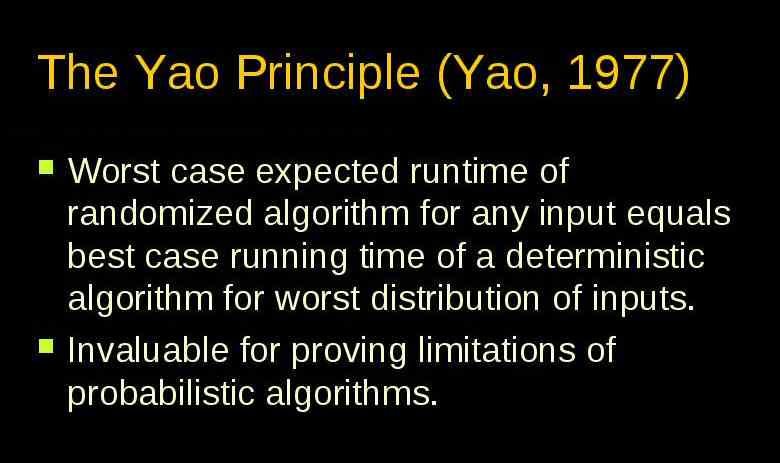Algorithms make determinations based on concepts favored by programmers. They are not aware that they are doing it. This intelligence is truly artificial. k intelligence l artificial
Algorithms may seem to be good because they are the basis for AI. Anything that helps us must alright. This is a big mistake. Making choices is their main function and biases are set by their human creators. Decisions can benefit some while hurting others.
⎳ a decision a artificial a intelligence a algorithms a biased a making biased ⎳
⎳ a decision a artificial a intelligence a algorithms a biased a making biased ⎳
Something that makes a critical choice must by definition be biased. Coders have to define the factors leading to a decision. Bias is clearly defined in mathematics as errors. Over or under representing populations in a sample is faulty.
⦿3 b decision b artificial b intelligence b algorithms b biased b making ⦿3
Allocative harm involves discarding relevant resources in the evaluation process. Giving advice to a specialized target can end up with the subject being told to do something rationally wrong. Denying recommendations to others creates a distortion of reality.
⧗ c decision c artificial c intelligence c algorithms c making ⧗
Representative harm occurs when some groups are incorrectly labelled. Humans follow mistaken stereotypes which they pass on to AI software. Black people are not primitive humans. They are the major gene pool from which all the "races" on Earth developed. Google Photos identified them as gorillas.
⧗ c decision c artificial c intelligence c algorithms c making ⧗
Representative harm occurs when some groups are incorrectly labelled. Humans follow mistaken stereotypes which they pass on to AI software. Black people are not primitive humans. They are the major gene pool from which all the "races" on Earth developed. Google Photos identified them as gorillas.
⬍ public systems machine transparency learning schaake automated next wagner rights news online it's code report read wired neural networks companies values work algorithm power need facebook's needed government challenges information difficult complex diagnosis issue organisations accountable ananny added social sector politician publicly video day car vehicle marietje mep affect decision-making oversight rule highest problem fake platforms ability highlighted isn't increasingly agrees office algorithmic ben ways levels science professor means understand created provide wallace impact life data accountability centre partnership facebook processes founder aims technology fund tech internet mit media technical research firms ensure interest ethical forces explained area private long-term consequences un-transparent unaccountable ⬍ || || ⬌ unaccountable un-transparent consequences long-term private area explained forces ethical interest ensure firms research technical media mit internet tech fund technology aims founder processes facebook partnership centre accountability data life impact wallace provide created understand means professor science levels ways ben algorithmic office agrees increasingly isn't highlighted ability platforms fake problem highest rule oversight decision-making affect mep marietje vehicle car moral day video publicly politician sector social added ananny accountable organisations issue diagnosis complex difficult information challenges government needed facebook's need power algorithm work values companies networks neural wired read report code it's online news rights wagner next automated schaake learning transparency machine systems public human decisions ⬌ || people set bias || data, information, advise, tell, plan, processes, intermediary, robot, workplace, street, ||
◆ HEALTH ◆
●
| ★ images | ★




